Soft skills are very important to have and are very useful in every line of work.
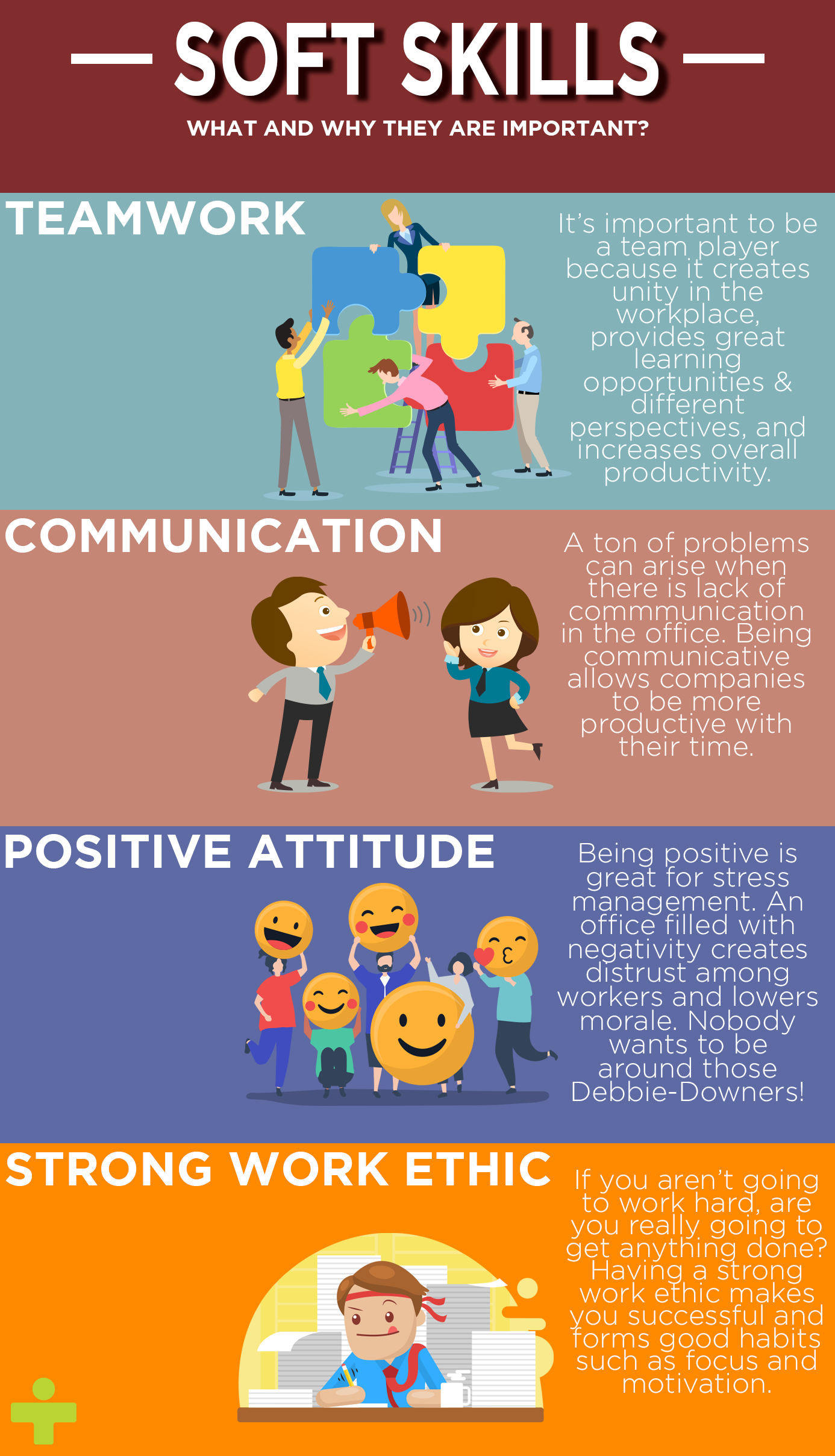

According to the Bureau of Labor Statistics, in 2019 there were 417,860 open Pharmacy Technicians positions. Pharmacy Technicians prepare medications with the help of a pharmacist, whether that be counting out, labeling, recording, and measuring the correct medication for each patient. Pharmacy Technician positions are one of the most common positions we staff here at HealthCare Support so trust us when we say we can help! Prepare for these questions and you’re sure to crush your interview!
With this question, they are generally trying to figure out if you are passionate about the role. Think this one through because you don’t want to say what everyone else is saying. Be memorable by coming up with an original and meaningful answer.
Don’t be one of those people that answer this question with “Because I need money” or “Because it pays well”. Explain how your past jobs relate to this role, why you would want to work for this specific company, and what you can do to positively impact the company.
Start first by telling them why you picked the pharmaceutical industry and then narrow it down to why you chose that certain company in the pharmaceutical industry. Your knowledge of the company will show here so make sure you study everything about it – from what they do, to who the CEO is, and what awards they’ve won. Try to know as much as possible about the company – this will also show how interested and passionate you are about securing this role.
The hiring managers want to know that they can trust you to deal with customers appropriately and calmly, especially being in the pharmaceutical industry. You will get a lot of unhappy customers complaining about why their insurance doesn’t cover certain prescriptions, so prepare to share an example of how you have diffused a situation in the past.
Working in pharmaceuticals is always going to be busy and fast-paced. Hiring managers want to know if you can work under pressure with certain deadlines and if you have the attitude and strive to get certain tasks done.
Be honest with this question. Come up with a good quality and then relate it back to you. For example, being compassionate is a very important quality to have, especially working in the healthcare industry. Then explain why you are a very compassionate person.
This question is asked in almost every single interview. Some cringe-worthy examples are, “I work too hard,” “I care too much,” etc. Come up with something original, and put a positive to spin on it.
Congratulations on being asked to come in for an interview– you’re going to do great, just remember to just be yourself! If you’re still on the hunt for your dream job, check out our current openings here.
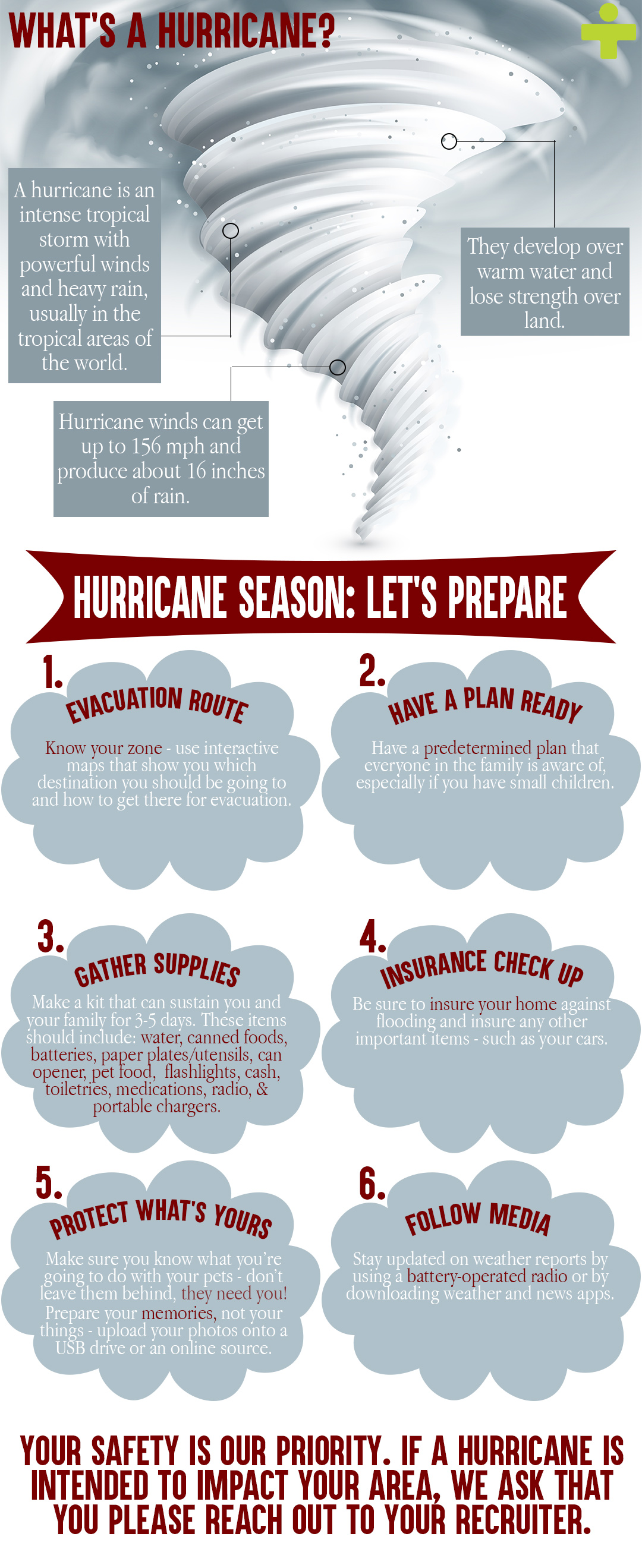
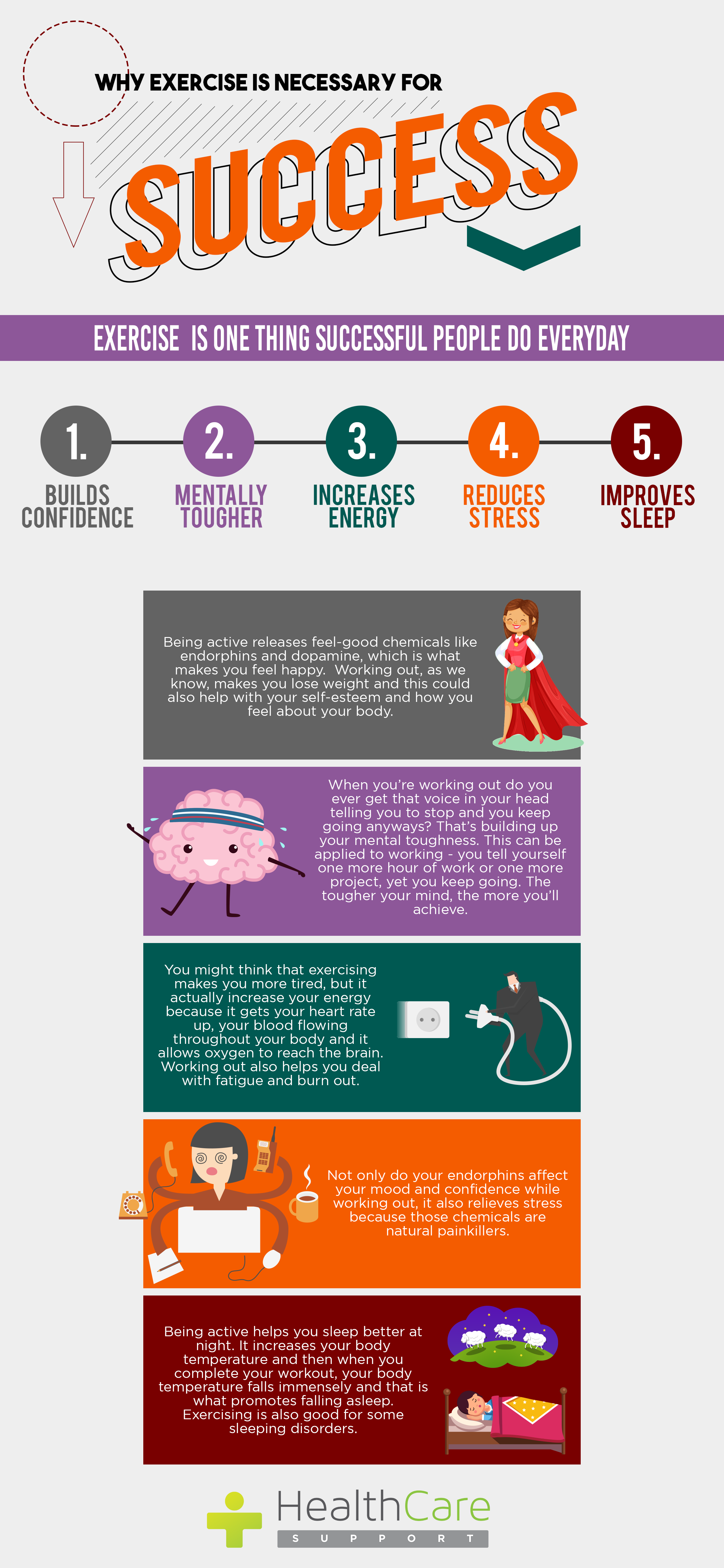
Have you ever been kept up in the middle of the night, tossing and turning, worrying about the upcoming workday? Everyone gets a little anxiety or stress from time to time, but, according to the Gallup Poll Social Series, 79% of Americans say they frequently feel stress throughout their day. So, what is causing your stress? In order to reduce it, you first must understand what is making you stressed or anxious in the first place. Some of the most common causes of stress at work include office conflicts, high workloads and irrational deadlines, insufficient working environments, the feel of not being in control of your projects, disorganization, physical discomfort, and weak management.
Now that we know what could be causing all this tension, let’s figure out some techniques you can try to feel a little more “Zen” at work:
Avoiding conflict is always a great idea in the workplace. Don’t let office relationships stress you out. You’re going to have to be around the same people 40 hours a week, so keep a low profile. Try not to succumb to all the gossip and the office humor. If you know you don’t work well with some employees, try to stay away from them. Your mind will thank you later. And, if conflict does find you, figure out a way to deal with it calmly.
One of the main reasons why people feel pressure in the office is because of the high workloads and irrational deadlines. The first thing you can do is come into the office with a positive mindset. This can make a big difference in how you start the day and how you dive into your projects. You can also write it all out. Place your time-sensitive projects at the top of your to-do lists. Figure out what tasks are super important and get started on them first. Don’t procrastinate – get right to it.
Get into the groove of creating your own personal, positive working environment. Listen to music through headphones to keep the distractions under control. In fact, “research suggests that listening to music can improve your efficiency, creativity and happiness in terms of work-related tasks”. You should also bring a few things to work to place on your desk. Things like pictures of families or friends, flowers, books, and pictures of quotes can lift your spirits during the workday. If physical discomfort is getting you down, try splurging on a comfier chair or comfier (yet professional) clothes.
Talk it out with your boss. Let them know what they can do to create a better environment for both of you. Admit what is triggering your anxiety and figure out a way to contain it – together. Having an easy and honest relationship with your boss is best, especially when struggling with unwanted tension.
Staying organized is one of the most basic solutions to reducing stress. If you are already feeling anxious because of your workload, why worsen it with having a messy desk? Some ways to keep your desk tidy are having organizers and folders for different projects in your drawers and on your desktop computer, purchasing a planner/calendar, getting rid of old papers, labeling drawers, and making things more accessible. Read this article for some benefits of having a clean office space.
Try to get your heart beating by going for a walk during your lunch break or heading to the gym for a quick workout. Working out has many great benefits including relieving stress. You can also take a ten-minute break to do some stretches or yoga poses in your office. Doing breathing exercises with help too by calming down the mind. Breathe in through your nose for five seconds and out through your mouth for ten seconds, then close your eyes and imagine your happy place – be there for a couple of minutes. This can slow down your mind and help you regain focus on your work.
Setting boundaries on when your coworkers can contact you for work-related projects or questions are important. After a long work week, it won’t be fun thinking you are done for the week and then having to answer some work calls or emails. You should also be using your paid time off for vacations and mental health days to recharge your brain.
It’s so easy to want to come home from work and make unhealthy choices by eating loads of ice cream and chips. Sure, it makes you feel better in that moment, but in the long run, it makes you feel worse. Whip up a healthy dinner with a lot of vegetables and protein. Not only should you be making good eating decisions but getting a full night’s rest is key. If you don’t get enough sleep, you will feel unfocused during your workday which can affect completing your projects and tasks for that day. That will eventually stress you out later in your workday. It’s a complete circle. Sleep means staying focused and staying focused means getting all your work done which keeps you stress-free!
If you still can’t seem to get a grip on your stress and anxiety, purchase a journal and write down everything that is making you stressed out during the week. Record how you are handling the stress and at the end of the week, figure out what you can do to handle the stress better. Include your physical and emotional reactions and your peers’ reactions. The more detailed, the easier it will be containing your worry.
Don’t let stress take over your career. If you’re getting frustrated easily or find yourself feeling anxious, listen to your body. Take the time to implement these stress relieving techniques for the workplace and you’ll find your professional and personal life improve.
You’ve been dreaming of this day ever since you started working. That fabulous life of waking up and working in your jammies all day from your own humble abode. You get to skip out on the pesky morning traffic, your grouchy boss, those darn office politics, and most importantly, the brown colored water in your office they call “coffee”. Seems like a great way to work, right? Wrong. It’s actually way harder than it seems. Working from home is a luxury that is earned because your boss trusts you and it’s important not to take advantage of this newfound freedom.
Here is some insight on how to work from home like a boss:
When you first start working from home, it can be a little overwhelming. Where do you start first? How do you prioritize your tasks? When do you take your breaks? Can you even take breaks? The best thing you can do for the first couple of weeks is develop a routine that suits you. If you get up and immediately start working, it sets the tone for the day and determines how productive you will be. Plus, if you’re up before everyone gets in the office, it gives you the chance to get ahead. If you have children that need to be picked up from daycare, write down all the things you need to get done before you leave to go pick them up. Try setting an alarm for an hour and then take a five-minute break to succumb to one of the many distractions around your house – like laundry or putting away the dishes. Get into a groove that works best with your schedule and stick to it!
Staying in your pajamas while working from home makes it easy to succumb to getting back into bed. Don’t be lazy – change into something you would wear if you were going into the office. Dress for success!
Distractions. Your children, the television, your loud neighbors, the doorbell ringing, household chores, and your phone are all great examples of why it’s so hard to work from home. Take care of them beforehand. Make a point to only use your phone for work-related calls, drop your kids off at daycare, keep the television off, and do NOT answer that door! If you must, reward yourself with 5 minutes of distraction time – that is, if you get your important tasks done.
Just because you’re not in the office doesn’t mean you can’t create your own workspace at home! Create an office out of a spare room in your house or if you can’t do that, find a clean, quiet space to do your work. Having your own space keeps the distractions at bay.
Yes, it’s called “work from home” but you don’t actually have to be at home. In fact, getting out of your house and working in libraries, coffee shops, or anywhere else with Wi-Fi, gives you the feeling of still being in a working environment, plus you’ll be in a space where the coffee is good! It also gets you away from all the distractions at home. Get out of the house – grab your work necessities and head on over to the closest Starbucks stat!
If you have been working all day long without any breaks, then you’ll burn out fast. Get some fresh air – take a ten-minute walk around your house or go get a cup of coffee from a local coffee shop. Take time to recharge yourself so you’re ready to crush the next couple of hours.
Working from home is a lot tougher than it seems and it’s hard not to get sucked into all the distractions. If you’re new to working from home and you’re having a difficult time adjusting to all the distractions around you, read this article to help you stay focused.
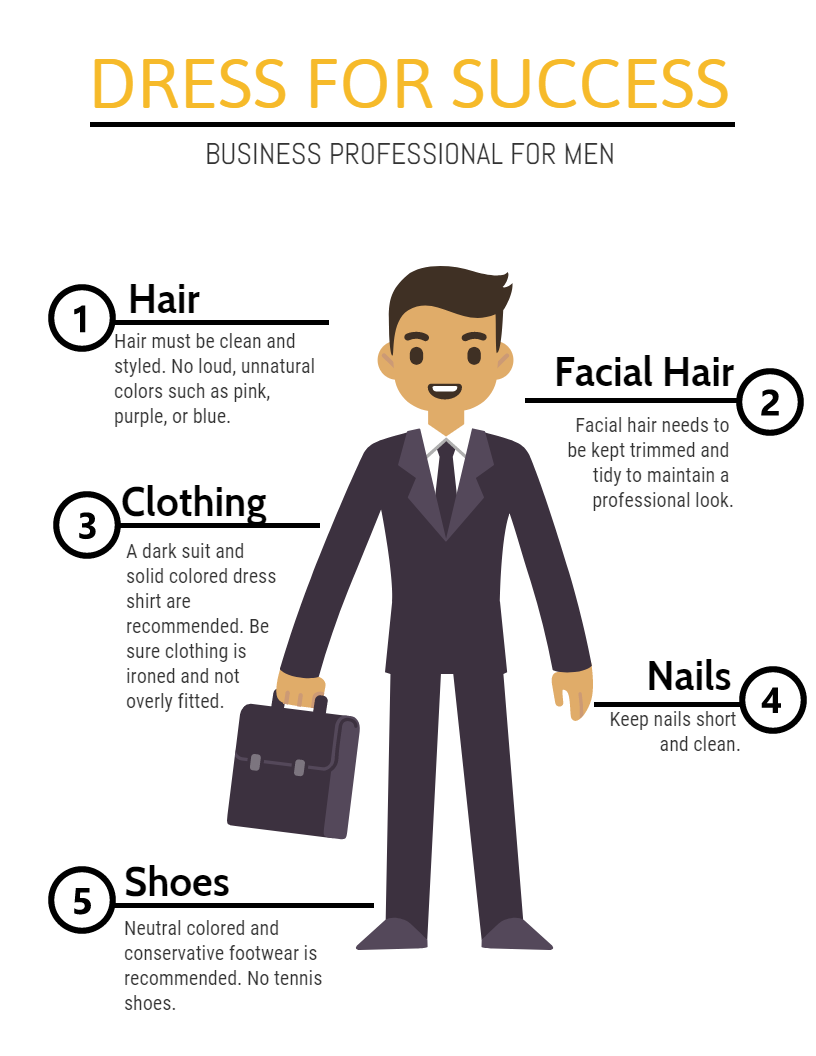
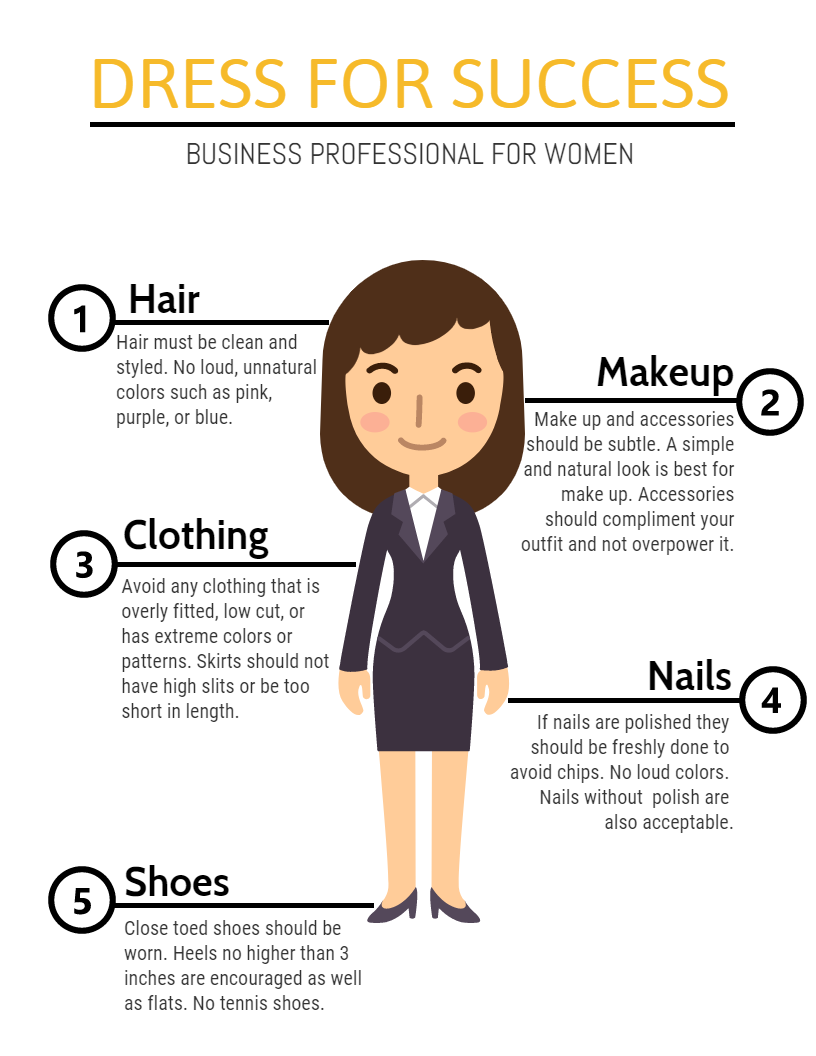
Some parents who work in an office all day think working from home is a dream, especially when they’re struggling to balance work responsibilities and parent responsibilities. But the truth is, working from home with the kids is way harder than it seems. With the constant distraction, it’s tough to get all your tasks done. Don’t get us wrong, working parents are known for their extreme multi-tasking, but when is it too many tasks? If daycare has been out ruled, here are some tips to help you work from home with those little rascals:
If you think you can get most of your responsibilities done in the early morning when your kids are eating breakfast, during their naptime, or late at night when they are all in bed, let your coworkers know that these are the times you’ll be online. It’s likely your work hours will not be the traditional eight hours. Look for spontaneous work moments. If your child is occupied for a short moment like watching an episode of Paw Patrol, get some work done that you can easily put a pause to in case they need your undivided attention again, like answering emails.
Have a talk with them, let them know the situation, and tell them there needs to be minimal disruptions throughout the day. Let them know they are part of the “team” as well and their job is to make sure you stay busy all day.
Tell them if they’re good until lunchtime, you’ll take them to the park or out for some pizza. You can also give them task incentives. These could be “if you don’t disrupt mommy on this work call, I’ll give you a popsicle.” Then, that popsicle should keep them quiet for a little while longer *winky face*.
. If you have a job that requires your undivided attention for long periods of time, create a home office. Let your kids know that when you’re in your “work space” you are not to be disrupted. Not only is your attention on your work, but you also won’t feel that pull to your children.
Okay, not really. But they do help immensely. When you’re doing your work, give your kids a list of fun educational activities to do and if they finish that, give them a to-do list that involve chores (But don’t write “chores” on it or they won’t want to do it!) Some of these jobs could be to clean the playroom or set the table for dinner. This will keep them occupied for a little while.
If toys and TV just aren’t cutting it, create a “boredom bowl”. In the “boredom bowl”, have fun little things they can do. Some examples are: build a Lego tower as high as you can or draw a self portrait of the family. As they get older, you can tie in some of your work responsibilities into the “boredom bowl”, such as filing.
If you are knee deep in work, can’t seem to get anything done, and you’ve run out of options, don’t be ashamed to ask for help. Sometimes it’s necessary to ask a friend, relative, or hire a nanny to get in a couple uninterrupted hours of work done.
Being a parent isn’t easy, especially while you’re working. Equip yourself with the right tools and mindset to succeed and be sure to keep open lines of communication with your employer.
It’s time. You’ve put this off for months now and it’s constantly nagging you in the back of your mind. It’s time to update your resume. Resume work is one of the most tedious tasks because there are so many wrong ways to do it and contradicting tips across the internet. There’s also the common rule that resumes should be one page long, whether you’re struggling to fill it or your experience is overflowing, don’t let this trip you up. We’re here to make resume writing a skill all can succeed at!
So, what should be put on it and what should not?
A resume is composed of four main sections:
The way it is organized should be based on how you want to format your resume and how you want to prioritize your information.
The important contact information you must include on your resume:
Adding your mailing address to your resume is optional, but certainly makes it easier for recruiters to make sure they are contacting you only for positions that are near you. Remember that if any of your contact information changes you should update your LinkedIn and any other locations your resume is housed.
Consider this a snapshot of your experience and the part that will capture the reader’s attention and determine whether or not they’ll continue reading your resume. The ‘Skills’ or ‘Professional Summary’ section is a list compiled of your best skills and is most commonly shown using bullet points.
You might list something like:
This section will take up a good chunk of the space, but keep in mind that not every job will go on it. You only want the jobs you’ve had in the past 10 years or the most relevant ones. Also, make sure there are no gaps in your job history.
You want to have your most recent job at the top of your ‘Experience’ list and then have your jobs listed in reverse-chronological order. When labeling your experiences, you should have a maximum of five bullet points under each job.
Here’s a tip! If you are applying for a job, go off the advertised job description and elaborate your experience for that skill on your resume. When you get the chance, use numbers to quantify your experience.
The ‘Education’ section should list the schools you attended and the degrees you’ve earned. Just like in your ‘Experience’ section, this should be in reverse-chronological order. If you’ve graduated from schools higher than high school, leave your high school off.
Add your major and what you studied or concentrated in. Along with your studies, fill in any awards or honors you received whether it’s Valedictorian or Honor’s Society. If you don’t think your GPA is good enough, don’t put it. And, if you’re not a student, don’t put it at all. Also, make sure to put the month and year you graduated.
Now that we know what to put in your resume, let’s go over some things that absolutely shouldn’t be on your resume.
At HealthCare Support, our recruiters are resume writing experts. In fact, one of our recruiters average at least 20 resumes a week. If you feel stuck and need a hand, we are here to help you display your skills to the best of your ability and land your dream job!